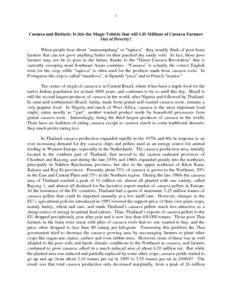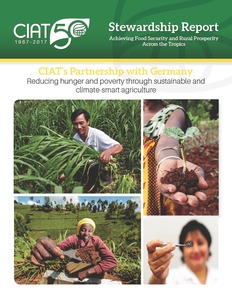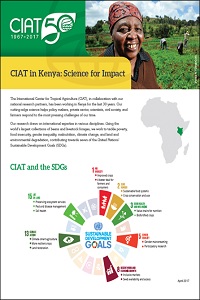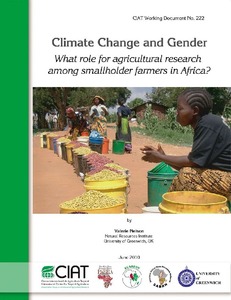Assisting community management of groundwater: irrigator attitudes in two watersheds in Rajasthan and Gujarat, India
The absence of either state regulations or markets to coordinate the operation of individual wells has focussed attention on community level institutions as the primary loci for sustainable groundwater management in Rajasthan and Gujarat, India. The reported research relied on theoretical propositions that livelihood strategies, groundwater management and the propensity to cooperate are associated with the attitudinal orientations of well owners in the Meghraj and Dharta watersheds, located in Gujarat and Rajasthan respectively.
Business models for fecal sludge management
On-site sanitation systems, such as septic tanks and pit latrines, are the predominant feature across rural and urban areas in most developing countries. However, their management is one of the most neglected sanitation challenges. While under the Millennium Development Goals (MDGs), the set-up of toilet systems received the most attention, business models for the sanitation service chain, including pit desludging, sludge transport, treatment and disposal or resource recovery, are only emerging.
Cassava and biofuels: is this the magic vehicle that will lift millions of cassava farmers out of poverty?
Cattle breed preferences and breeding practices in southern Nigeria
Reports on completed and planned research to examine farmers' perceptions of different breeds, the discretion they exercise over breed composition, and the impacts of breed perceptions on breeding practices. ILCA has recently undertaken three household surveys that shed light on farmers' breed preferences and breeding practices. The survey results indicate that farmers' breed prortfolios are the outcome of dynamic processes that vary across farmers and environmental conditions.
Characteristics of urban and peri-urban agriculture in West Africa: results of an exploratory survey conducted in Tamale (Ghana) and Ouagadougou (Burkina Faso)
The report summarizes key results from surveys carried out on urban and peri-urban agriculture (UPA) in Tamale (Ghana) and Ouagadougou (Burkina Faso) in 2013. The aim was to provide a broad overview of the state of UPA in the study cities and a basis for future research endeavors. The randomized sampling approach used aerial photography to identify 10 sites in different categories of farm in each city. Farmers provided information on their cropping and livestock-rearing activities.
Characterization of Historical Seasonal and Annual Rainfall and Temperature Trends in Selected Climatological Homogenous Rainfall Zones of Uganda
There is general lack of scientific consensus on the trend and distribution of annual and
seasonal rainfall and temperature in Uganda. This study used both observational and AgMerra
rainfall and temperature data for the period 1980-2010 to characterize the trend and variability in
seasonal and annual rainfall, maximum and minimum temperatures across 12 different rainfall
homogenous zones (K, H, ME, L, J, F, MW, D, E, A1, A2, and I) of Uganda. Trends analysis was
done using regression method, while coefficient of variation and ANOVA techniques were used
CIAT’s Partnership with Germany: Reducing hunger and poverty through sustainable and climate-smart agriculture
CIAT Hillsides Program Annual report draft part 1-1995
CIAT in Kenya: Science for Impact
The International Center for Tropical Agriculture (CIAT), in collaboration with our national research partners, has been working in Kenya for the last 30 years. Our cutting-edge science helps policy makers, private sector, scientists, civil society, and farmers respond to the most pressing challenges of our time.
Climate change and gender: what role for agricultural research among smallholder farmers in Africa?
This study was commissioned to provide an understanding of the complex impacts climate change will likely have on existing gender and social inequalities.







